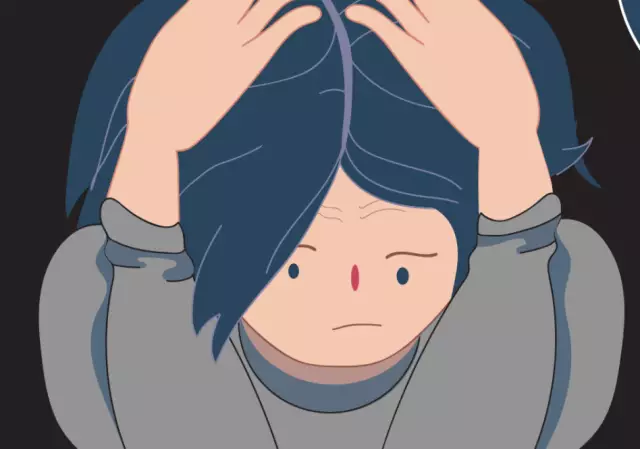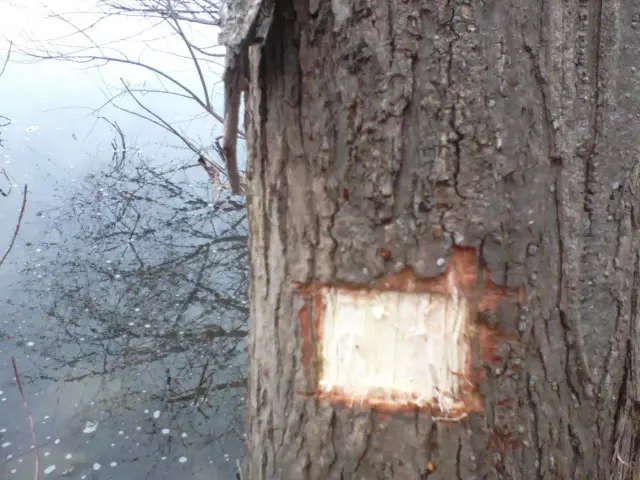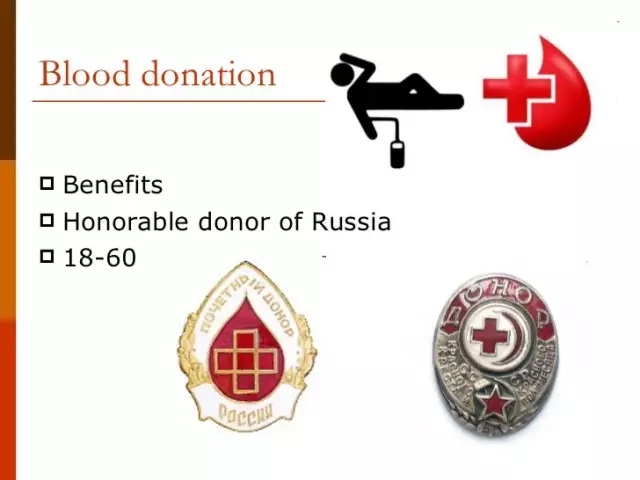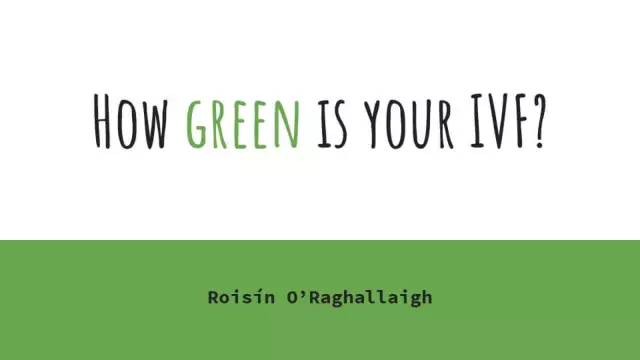- Author Rachel Wainwright wainwright@abchealthonline.com.
- Public 2023-12-15 07:39.
- Last modified 2025-11-02 20:14.
How do you know if your child is using drugs or alcohol?
If you are the parents of a teenager, you probably woke up more than once at night in a cold sweat with the fear that your child could become a drug addict or alcoholic.

What can I say - this is a terrible and very serious problem that requires urgent intervention. The sooner you can understand that your child is falling into the abyss of addiction, the more likely it is to get him out of there.
The following methods will help you determine if your child is using drugs or alcohol.
Drug and alcohol testing
If you suspect that your child is using drugs, you should not neglect him. Take a closer look at the child. The following are signs that indicate a child is using drugs:
- Your child cares less about his appearance;
- At times you find drugs in his room;
- Your child has strange companionship or has stopped communicating with old friends. Social circle greatly influences the upbringing of a teenager, and bad company can push him to use drugs;
- Your child has begun to behave more aggressively towards loved ones and relatives. Sometimes he generally withdraws into himself and shows an unwillingness to make contact;
- Your child began to study worse, skipped school, he lost interest and incentive to study.
How do you know if your child has tried drugs?
If you suspect that your child has started using or has just tried some drugs or alcohol several times, do not be silent. Proceed as follows:
- Ask him bluntly, did he take any drugs or alcohol, how he felt, did he like this activity? Listen carefully to what the child has to tell you, try to understand the reasons why he did it. In this case, the closeness of your relationship plays a very important role. The closer you are, the more frank he will be with you. Ask who gave him the drugs and with whom he used them;
- Tell him about your concerns, do not focus only on drug use. Also share that you are concerned about his poor performance in school;
- Remind him of the norms of your family and the consequences if he does not adhere to these norms. If you do not want your child to use any drugs, including alcohol and cigarettes, tell him so. If you do not know how to tell him more correctly about this, contact the qualified help of a psychotherapist or narcologist;
- Give your child an example of existing cases of alcohol or drug addiction in your family (if any), and explain that if he quits now, then, perhaps, he will avoid many negative consequences;
- Regularly conduct preventive conversations with your child about the negative effects on the body of the use of toxic substances, alcohol, drugs and cigarettes.
What if you lose control of the situation?
As a result of alcohol or drug use, a child often has difficulties at school and at home, problems in communicating with others. If your child is using drugs and you see that your conversations are not working, you need to do the following:

- Make inquiries and find evidence that your child is using drugs;
- Show your child to a doctor. Have him examine your child. Remember, the sooner you do this, the more likely your child is to return to a fulfilling life;
- Start attending support circles for relatives of drug addicts or alcoholics. There are now special courses for parents, which discuss all the problems and consequences of adolescent alcohol or drug use; It is important to know that your child's drug use is a family problem, not just his. All people around the child feel negative consequences.
What to do next?
There are no multiple opinions here. There is only one answer - this problem must be solved, and the sooner the better. It is best, of course, in this situation to seek qualified medical help.
YouTube video related to the article:
Found a mistake in the text? Select it and press Ctrl + Enter.






